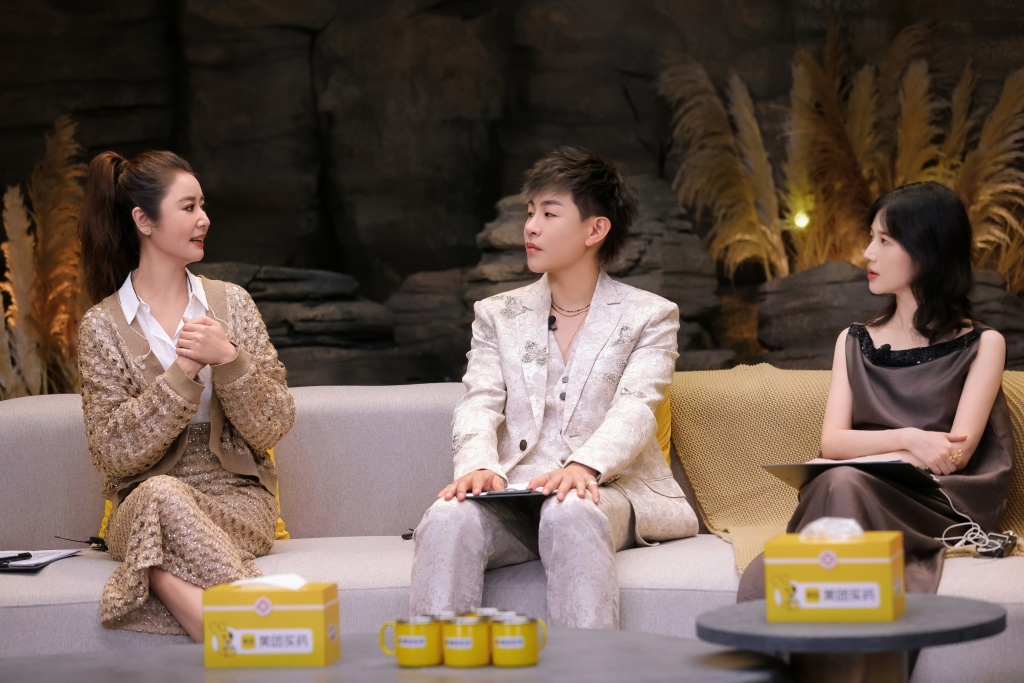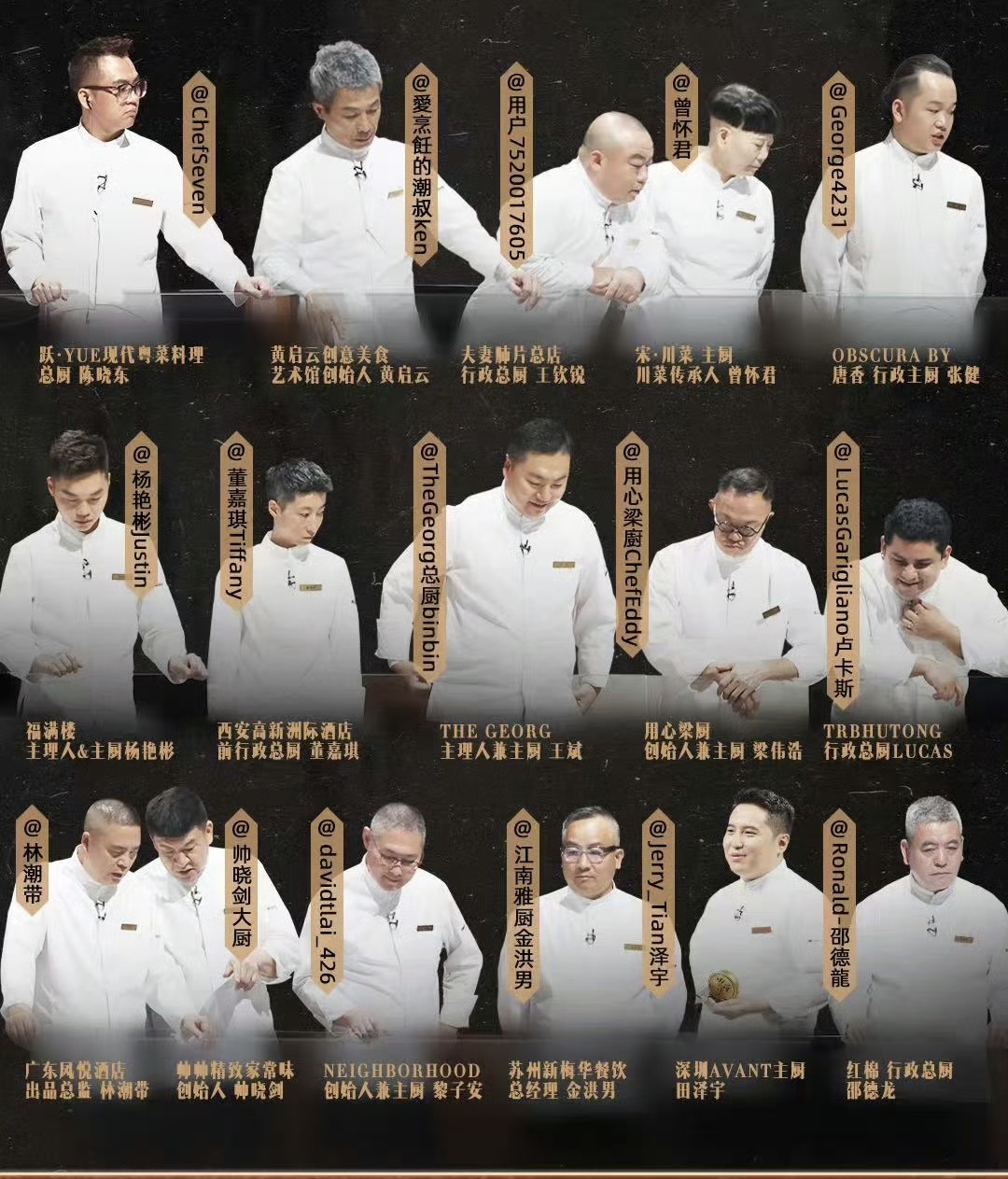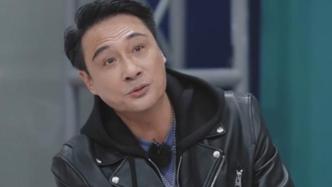
If the audience feels that the recent dramas and variety shows have no big highlights and wants to have some fun, "Infinity Class 2" may be an option - the weird phenomena and bad acting in domestic entertainment that the audience wants to laugh at are all in this variety show.
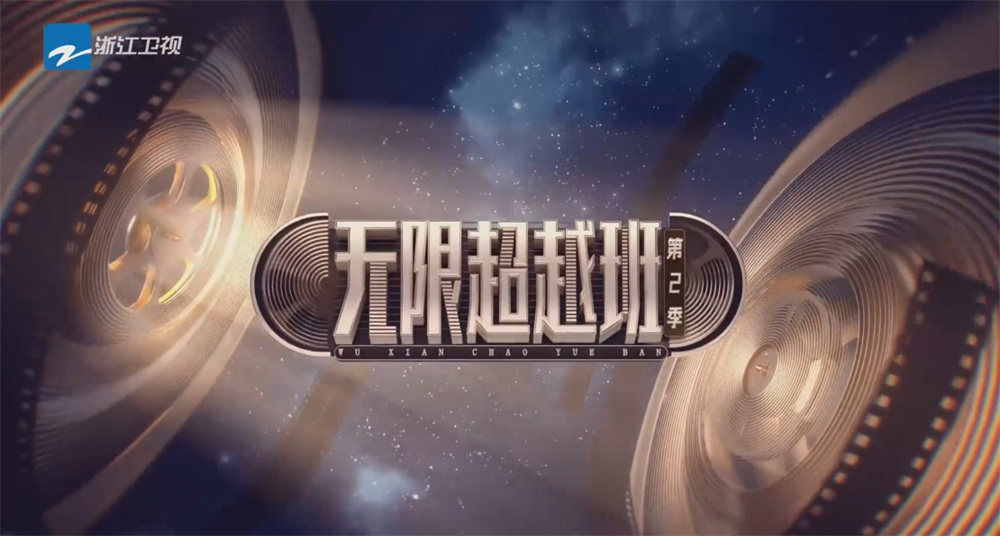
"Infinity Class 2" opening sequence
The 2022 "Infinity Class" only received a rating of 3.5 on Douban. This time "Infinite Class 2" will not be favored by most Douban ers. Low ratings are almost a destined result. But we have to admit that in the current stagnant domestic entertainment variety show market, "Infinity Class 2" is one of the few that can arouse large-scale discussions in recent times. After it was aired, it has been hotly searched every issue, and it has also contributed a lot of material to the complaint area of station B.
Why did the audience complain? The reasons are generally the same - it claims to be an "actor professional training inspirational reality show", which is an acting competition variety show that often appeared on the market in the past, but does it really focus on acting? Or is it more Focus more on the operation of the topic? Jin Sha is invited to talk about her boyfriend who is 19 years older than her; Ji Lingchen is invited to talk about "Brother Dahai"; Yan Xujia is asked about his relationship; Zhu Zixiao is invited to talk about his live broadcast; Zuo, is it because of his acting skills?
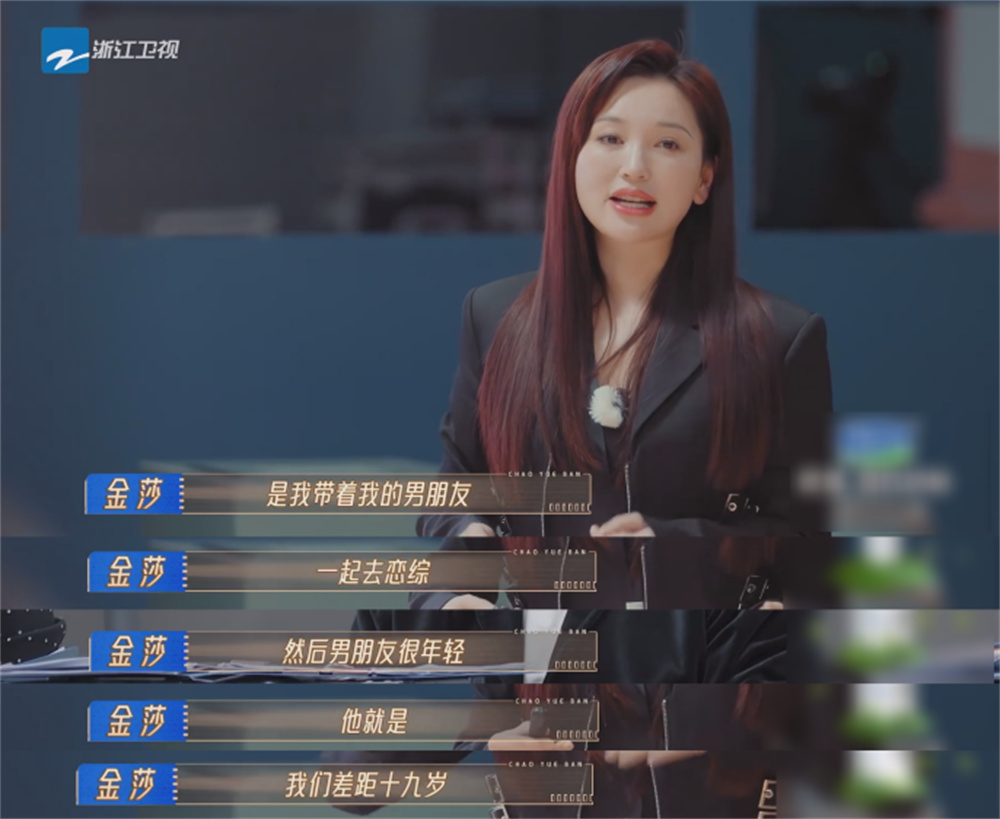
Jinsha mentioned her boyfriend

"Brother Dahai" Ji Lingchen
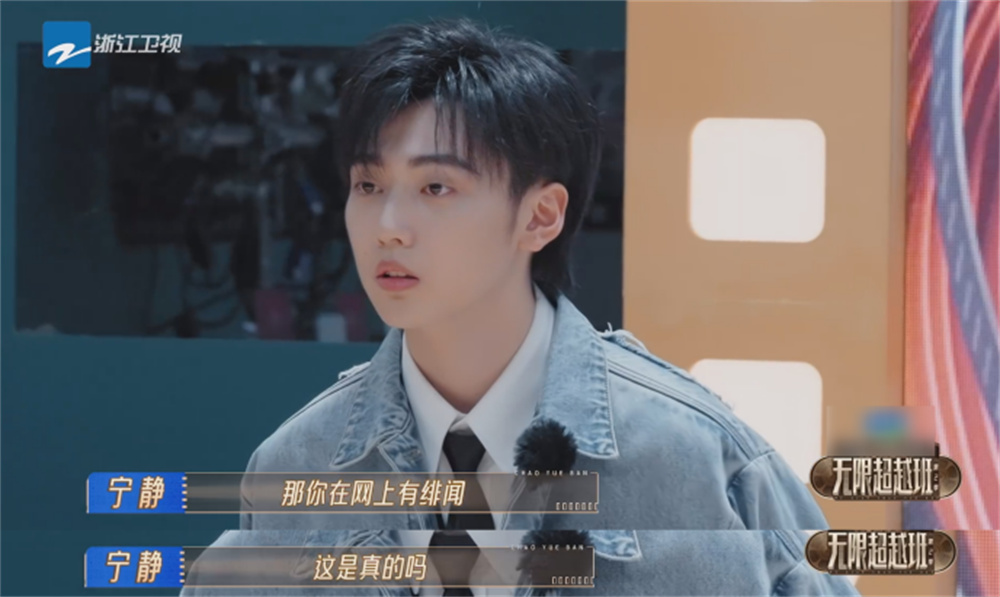
Yan Xujia
Many of the 18 artists are topical figures, and they may not necessarily be contestants who have a passion for acting and have potential. Individual artists also happen to constitute the "negative models" of the entertainment industry - to a certain extent, they can explain why they who have no acting skills in the current entertainment industry have so many resources; or why they are famous but then become less popular.
Some of them have easier access to high-quality scripts, directors, production teams and other acting resources due to family background, social connections and other factors, although they lack acting skills;
Some young actors have overestimated their own strength and potential, believing that they have enough talent and ability. They are picky about their roles and lack comprehensive self-understanding. In fact, they still need more learning and exercise;
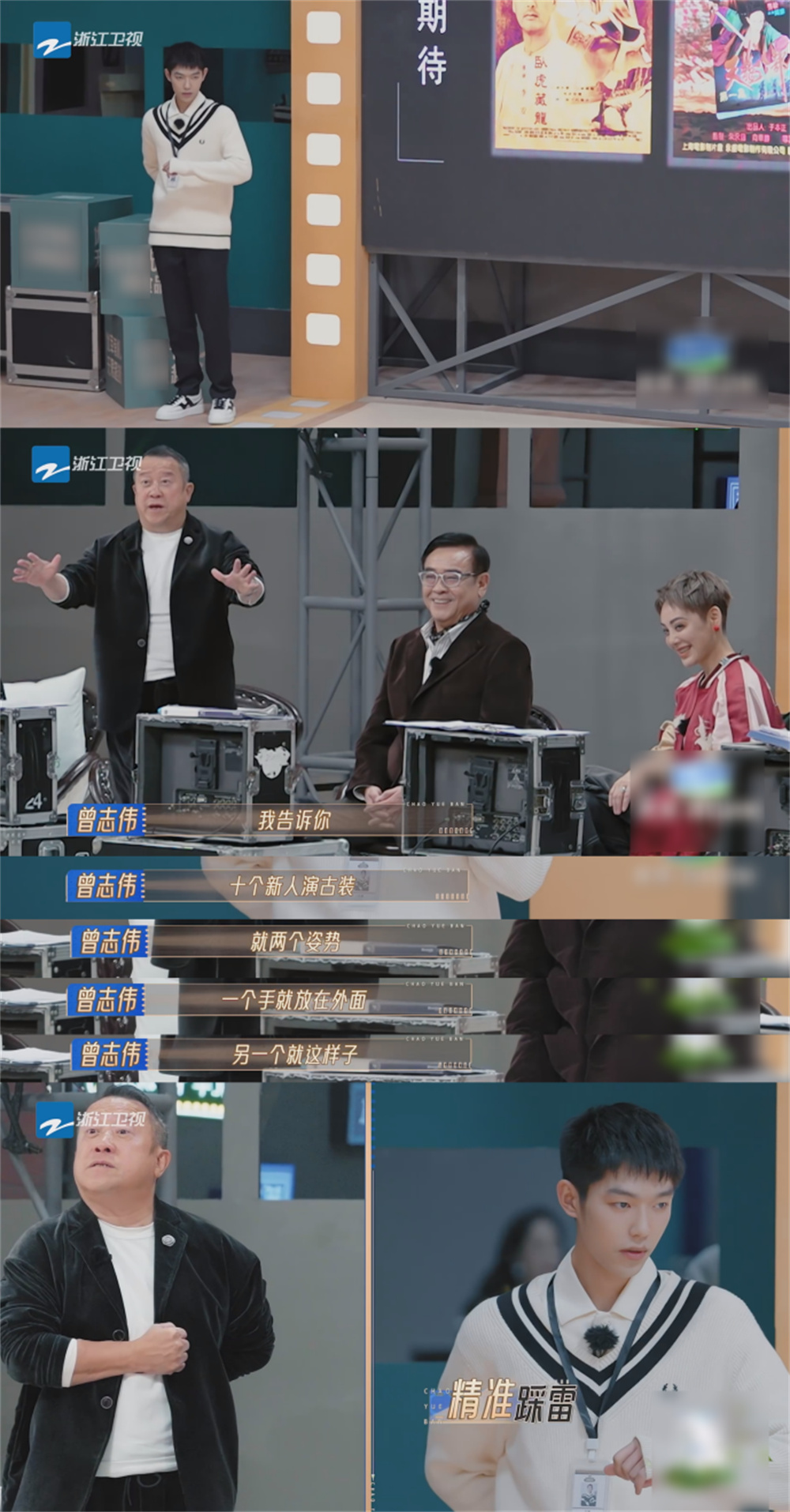
I kept saying that I just wanted to play the role of a hero, but when I auditioned, I couldn’t do it at all.
There are also people who pursue short-term success and fame and fortune, and are more willing to accept opportunities that can quickly gain exposure and attention, and ignore long-term career planning and development, which leads to a lack of continuity and stability in their career development. It gets cold quickly;

Some people "start high" and then go downhill all the way
Most people just have bad acting skills. Or lack of life experience, lack of rich life experience, unable to accurately grasp the emotional state and behavior of the character when dealing with complex emotional scenes or specific social scenes; or lack of acting skills, lack of systematic performance training, or Being away from the performance system for a long time, the performance was stiff, embarrassing, and divorced from reality...
In order to ensure the ratings and attention of the program, and to quickly attract attention and create topics in the short term, "Infinity Class 2" places too much emphasis on short-term marketing effects when selecting artists, giving priority to stars with their own topics and news popularity, even if their The acting level is not outstanding, even quite bad. This bias first caused some stars with real acting potential to be ignored or buried (they did not have the opportunity to appear in variety shows), and also caused the audience to question the professionalism of the show - acting variety shows. As a result, the selection of artists deviated from the benchmark of "acting skills" .
Having said that, several artists can't act, but objectively they also play a role in creating fun for the audience - their performances are really funny, ridiculous. For example, several trial scenes in the third episode of the program were so disturbing that it made people dig their toes into the ground and couldn't bear to look at them. Even if his acting skills are terrible, he has acted in so many dramas, how could he produce such outrageous effects?
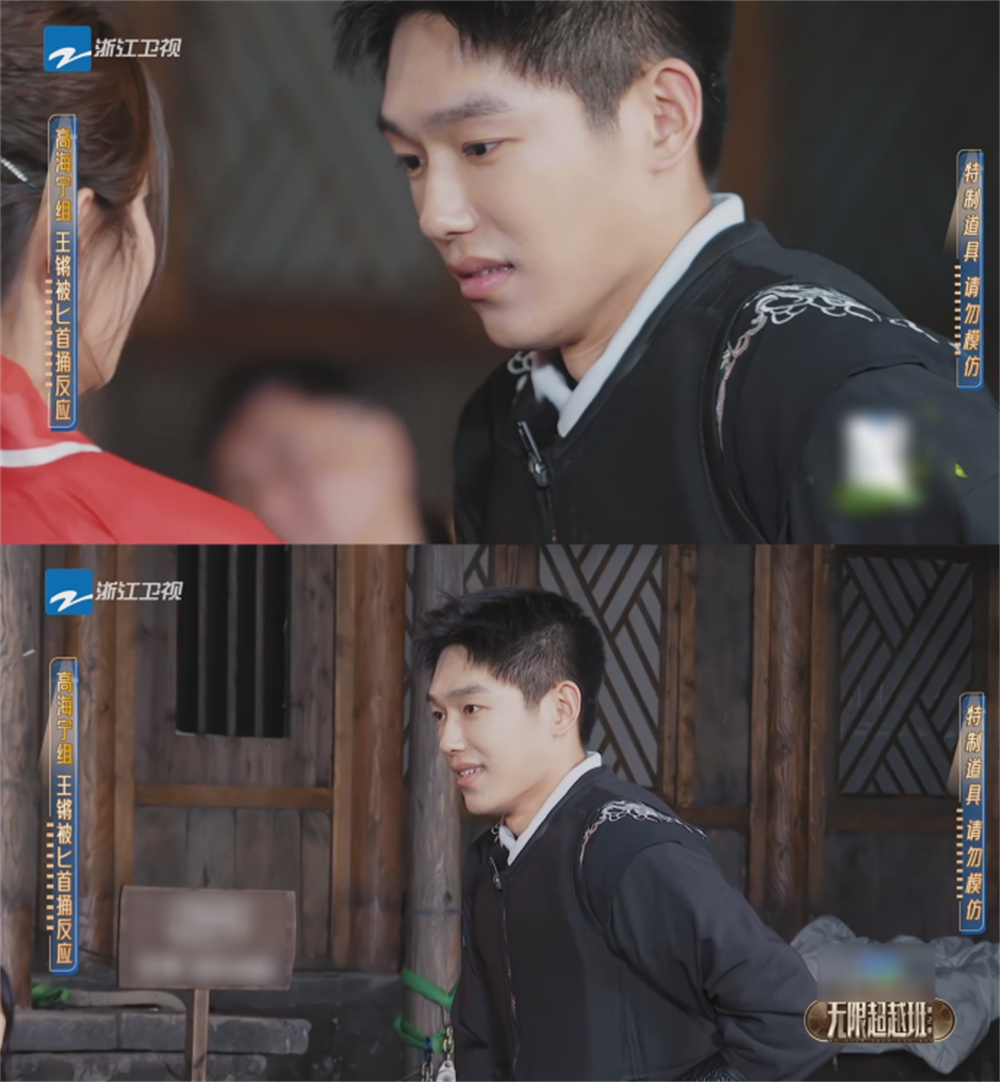
When an actor performs the scene in "East Palace" where Li Cheng Yin is assassinated by his beloved, how come the "micro-expression" at the corner of his mouth looks like a smile?
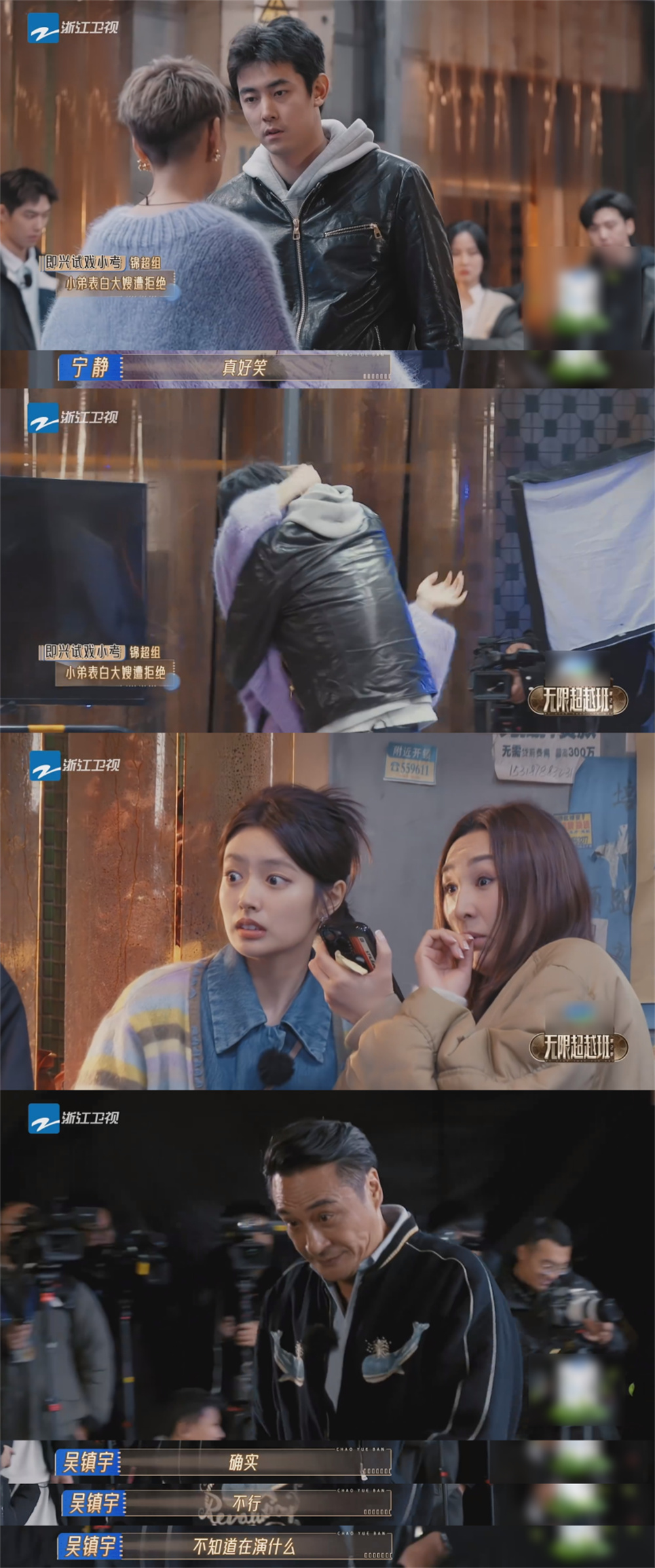
A clip from an actor's audition for "Infernal Affairs" - the younger brother confessed to his elder brother's woman (Ning Jing) but was rejected. The younger brother actually staged a forced hug, which shocked the theatergoers.
This kind of ridiculousness is not without "value". From a purely entertainment perspective, embarrassing or ridiculous scenes increase the fun and excitement of the show and become a hot topic; from a professional perspective of acting variety shows, if these actors with poor acting skills can take this opportunity to get mentors in the show and the guidance of other professionals to quickly improve and show growth, which is also a kind of "first suppress and then improve".
This is the reason why many people are complaining about "Infinite Transcendence Class 2" but also watching it at the same time - with the dedicated participation of professional instructors, if the program successfully transforms "negative models", it will also be able to show the professional value of the program.
"Infinite Beyond Class 2" is executive produced by Er Dongsheng, Hao Lei, Ning Jing, and Wu Zhenyu are executive producers, and Tony Leung Ka Fai, Ye Tong, and Zhao Yazhi are guest producers. Including manager Eric Tsang, they all appeared as mentors in the first three phases.
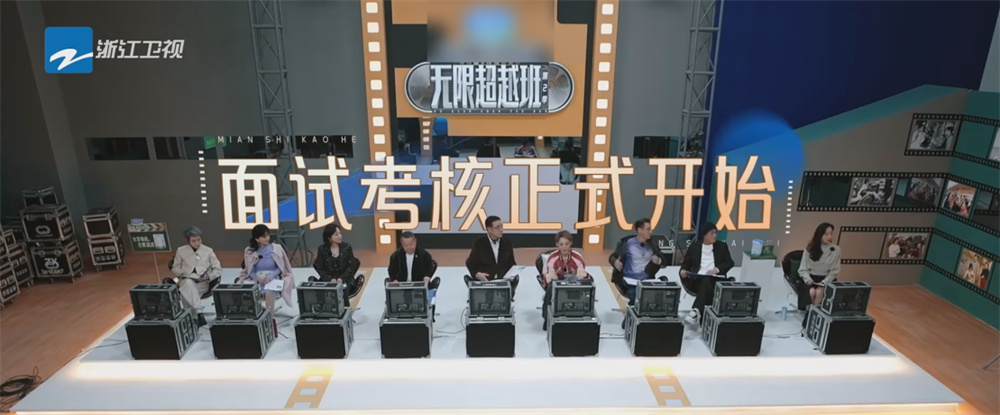
In the interview session, there were 8 mentors, and Han Xue served as the director of the artist department (equivalent to the host)
Judging from the performance of the mentors, no matter how big the artist's problem is, they have the responsibility and sentiment to "save every one they can".
"Anti-correction master" Wu Zhenyu can be called the audience's "mouth substitute". Whenever the discussions of artists or mentors go off track, Wu Zhenyu can pull him back at the critical moment - "If there are no women, (he) will be alone." It’s very embarrassing, so why don’t you praise that woman?” “Isn’t it to test his performance? Why do you have to encourage him for so long?” “Those are all experiences that are divorced from life.”… There are constant golden sentences to prevent the program from becoming simple. Whether it is an entertainment show, a boasting show or a miserable show, we ensure the fairness of the selection and evaluation process; we also remind all participants to focus on the performance and not just superficial packaging and hype.

Wu Zhenyu is quite brave to say that
The instructors are all seniors in the entertainment industry. They have rich performance experience and profound acting skills. When faced with young artists, they can point out the shortcomings of the actors' performances from a technical and emotional level and help the artists improve and improve. .
Faced with some development confusion of artists, the mentors sincerely shared their experiences and provided valuable guidance and advice to young actors.
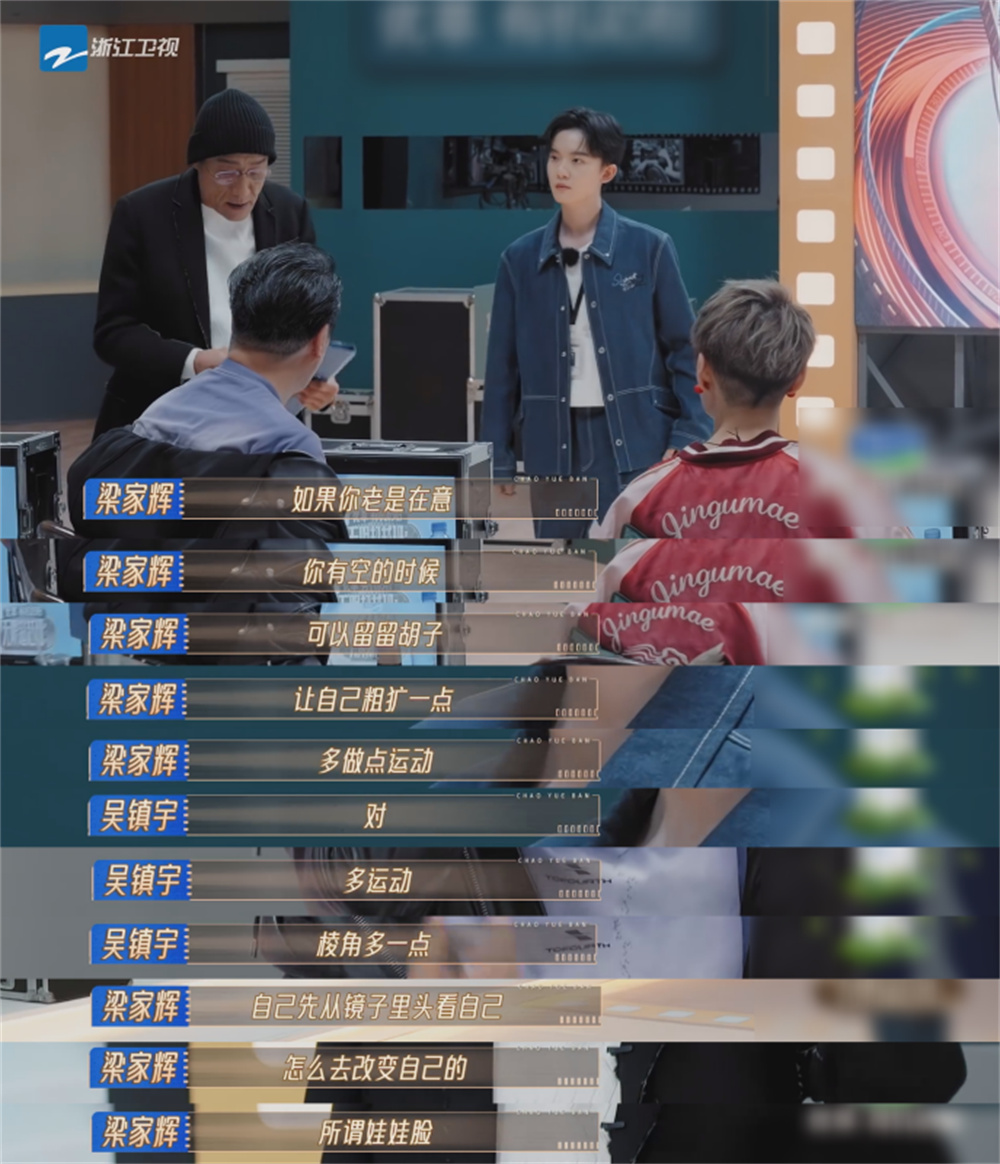
The tutors are very sincere in their suggestions.
What's also crucial is that "Infinity Class 2" provides a platform for practical exercises. The instructors will sometimes play against the actors in person, or the instructors will give acting demonstrations, or directly guide the actors to improve their performances. Through this kind of real-time performance, interactive teaching, and timely feedback, comments and suggestions, artists can make immediate adjustments and improvements, and the artists can grow quickly through on-site observation and practice.
For example, Li Mingde, who was trapped by his baby face, couldn't handle the scenes thrown by Wu Zhenyu when he was playing opposite him. Eric Tsang pointedly pointed out, "If you don't act, you are still acting your good boy." Ye Tong also added, "The opponent gives you power, but you don't feel it, so you don't react appropriately." This accurately points out some key points for actors: Is it your external image that limits your performance, or is it the persona you set for yourself that frames your performance? If the actors figured it out, maybe the performance would be ok too.
Another example is the scene where Wu Zhenyu directed Yan Xujia to act. He bluntly said, "I don't want to see young people using the acting method you just used" (that is, superficial, straightforward, and exposed). Under his guidance, Yan Xujia made significant progress in performing the same section. This also reflects the teaching significance of the program: the instructors' words and deeds can expose young artists to different performance concepts and methodologies, broaden their horizons, and encourage them to think about how to innovate and deepen role creation, and improve their acting skills.

Some of the suggestions from the instructors are really targeted.
During the program, the mentors will also discuss some issues related to the entertainment industry. For example, after an actor who has no filming successfully transformed into a blogger, should he return to the acting track? For example, should a young actor who has taken the lead in the field of micro-short dramas give up the short drama position and go all-in to long videos? Different instructors have different opinions, and different audiences will also have different opinions. The instructors’ discussion session is not intended to give a final answer, but more to broaden horizons.
For young artists, mentors’ discussions help them understand the diversity and complexity of the entertainment industry. By listening to the views and insights of different mentors, young artists can gain a more comprehensive understanding of the industry and provide guidance for their career planning and development. Useful reference; for the audience, the exchange and collision of different views among the instructors can inspire new thinking and add more topicality to the program.
"Infinite Transcendence Class 2" is like an artist training class. The operator of this training class has the idea of training artists, but he still puts marketing and making money first - this has also attracted criticism from some viewers, who have a bad impression of this "training class"; the artists are uneven - There are a few good talents, but there are also a lot of "connected people", and some of their motives may not be so pure. Fortunately, the instructors in this training class are quite conscientious and care about the artists. Really want to teach something.

The instructors are all responsible and candidly discuss the team leaders.
Therefore, as ridiculous as it is, "Infinite Beyond Class 2" should not break the can, but should strive to strike a balance between topicality and professionalism. While using topicality to gain attention for the program, it should also maintain the program's integrity. professional. Under the control of professional and responsible instructors, some topical elements can indeed arouse the audience's attention and discussion on acting skills. If the program can "understand shame and then be brave", if the artists really improve their acting skills through training, and the audience gains knowledge through the program, the program will not be "useless".
